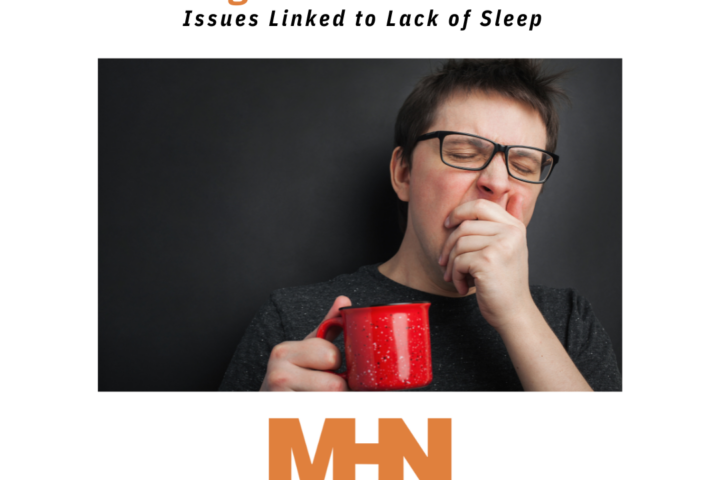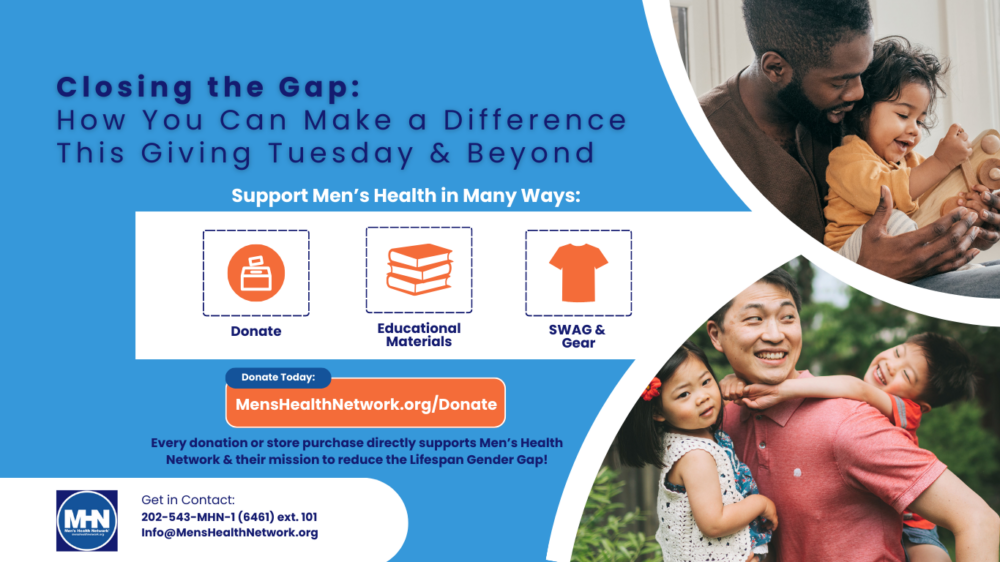 It seems like every day there’s more interesting news about the benefits of vitamin D. Here are a few of the most recent:
It seems like every day there’s more interesting news about the benefits of vitamin D. Here are a few of the most recent:
- We’ve all physically overdone it at some point—say, by lifting more than you should have, running or biking or swimming further than you should have, playing basketball longer than you should have, showing off for your kids or your wife or your girlfriend, and so on—you know what sore, overworked muscles feel like. But you also know that as the muscles repair themselves, the pain (along with the difficulty walking and going up or down stairs), usually goes away within a few days. But researchers at Utah’s The Orthopedic Specialty Hospital (TOSH) found that having high levels of vitamin in your blood may help you recover more quickly and regain strength after intense exercise, and might even keep the muscles from being damaged in the first place. “This study is especially appealing on a personal level. For those of us who consider ourselves ‘weekend warriors,’” said Dr. Brian Dixon, executive director of scientific and clinical affairs at USANA Health Science, and contributing author of the study. “It looks like we can play a little harder and maybe not suffer as much on Monday.”
- Along similar lines, researchers at Britain’s University of Wolverhampton found that elite athletes taking a daily 2000 IU capsule of vitamin D3 registered 18.7% greater strength and 7.1% higher vertical jumps than those taking a placebo pill. In addition, the vitamin D group sustained fewer injuries than the placebo group.
- Women with diabetes often have high blood pressure, and about one in four suffers from depression. Sue M. Penckofer, PhD, RN and her colleagues at Loyola University gave a group of diabetic women (average age of 55 years) 50,000 IU per week for six months. At the beginning of the study, Penckofer measured the subjects’ weight, blood pressure, and vitamin D levels, and evaluated the women for depression. At the end of the study, the women’s vitamin D levels had increased, depression was less severe, and weight and blood pressure had gone down. According to Penckofer, “Vitamin D supplementation potentially is an easy and cost-effective therapy, with minimal side effects.”
- Women in Saudi Arabia are often covered from head to toe in traditional garments, which limit the amount of sunlight they’re exposed to. The corresponding deficiency of vitamin D seems to be associated with increased risk of breast cancer. “The current study is among the first, to our knowledge, to evaluate the association between serum 25-hydroxyvitamin D and breast cancer in women residing in Saudi Arabia, an area of high UV sunlight exposure, but potentially low vitamin D status related to skin type and cultural practices of dress,” wrote the authors of the study. “Efforts to more routinely assess vitamin D status and possibly provide supplementation to correct depletion in this at-risk group should be evaluated. The association between vitamin D and breast cancer risk clearly requires further investigation.”
- Previous research has found links between vitamin D and normal immune system functioning and between vitamin D deficiency and increased obesity risk in teens. And it’s also well known that poor immune system function is associated with increased risk of allergies and asthma. A recent study by Candace Percival, MD of Walter Reed National Military Medical Center in Bethesda, made a connection between those three bits of knowledge. “This is the first study, to our knowledge, that ties together the relationship of vitamin D deficiency and increased allergy risk and severity in obese and overweight adolescents,” said Dr. Percival. Bottom line: getting enough vitamin D may reduce the likelihood of allergies and asthma in obese children.
- Vitamin D deficiency may be causing hypertension (high blood pressure). According to Dr. Karani S. Vimaleswaran of University College London, a 10% increase in vitamin D levels resulted in a 7% decrease in the risk of hypertension.”Our study strongly suggests that some cases of cardiovascular disease could be prevented through vitamin D supplements or food fortification,” Vimaleswaran said.
Vitamin D, which promotes calcium absorption and helps keep bones strong, comes from three places: sunlight, diet, and supplements. Sunlight is fantastic, but unfortunately, it’s a two-edged sword. On one hand, getting sunlight is the easiest way to increase vitamin D levels. But too much sun exposure is associated with increased skin-cancer risk. So that leaves diet and supplements. Unfortunately, most people are already getting as much vitamin D as they can from their food. So it’s up to supplementation. The dose at which vitamin D’s benefits become clear seems to be around 2000 IU per day (that’s about 5 times the minimum daily requirement for most adults). But before you start popping capsules, check with your doctor to be sure that the vitamin won’t conflict with any medication you’re taking and won’t aggravate any medical condition you may have.



